Oct 29, V7N- Dhaka, the densely populated capital of Bangladesh, has been reported as the third most polluted city in the world, with an Air Quality Index (AQI) score of 182 at 9:00 AM on October 29, 2024. The air quality is classified as 'unhealthy' according to the AQI standards.
For reference, AQI values indicate the following air quality levels:
- 50-100: Moderate (sensitive individuals should limit prolonged outdoor exertion)
- 101-150: Unhealthy for sensitive groups
- 151-200: Unhealthy
- 201-300: Very unhealthy
- 301+: Hazardous, posing serious health risks to residents.
Today, dry weather with a partly cloudy sky is expected across the country, according to the Bangladesh Meteorological Department (BMD).
In the global rankings, Lahore, Pakistan, topped the list with an AQI of 357, followed by Delhi, India, at 241, and Cairo, Egypt, at 165. Kinshasa, the capital of the Democratic Republic of the Congo, occupies the fourth position.
The AQI in Bangladesh measures five pollutants: particulate matter (PM10 and PM2.5), nitrogen dioxide (NO2), carbon monoxide (CO), sulfur dioxide (SO2), and ozone. Dhaka has struggled with air pollution for years, particularly during winter when air quality deteriorates, improving during the monsoon season.
According to the World Health Organization (WHO), air pollution is responsible for approximately seven million deaths annually worldwide, primarily due to increased mortality from conditions like stroke, heart disease, chronic obstructive pulmonary disease, lung cancer, and acute respiratory infections.
END/CLM/RH/




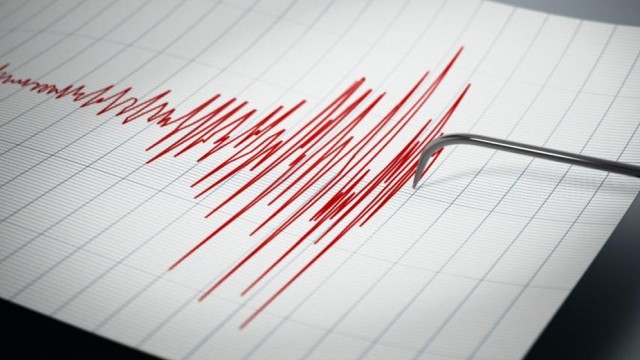
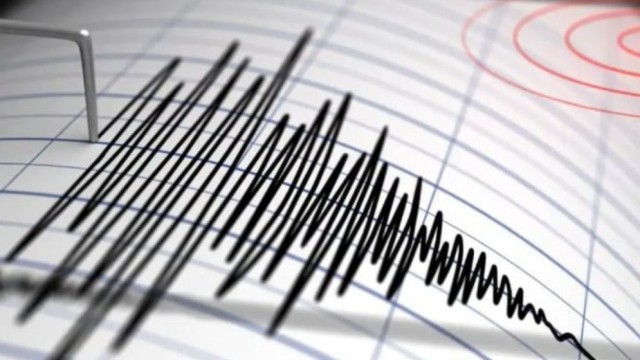
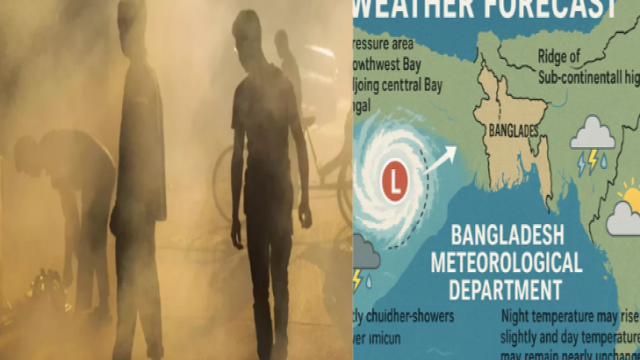
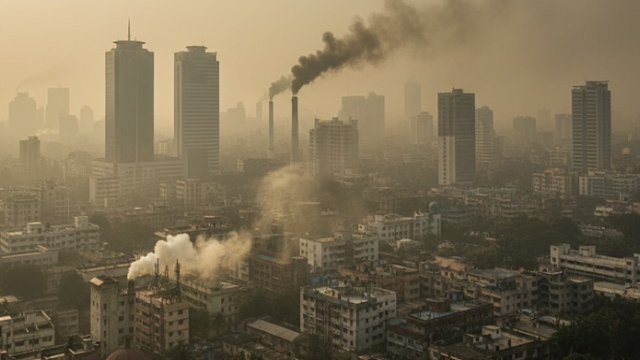



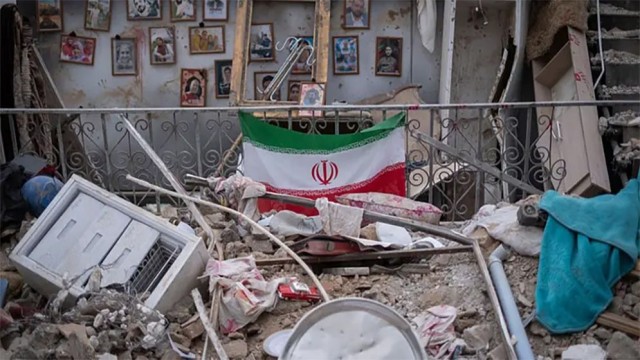
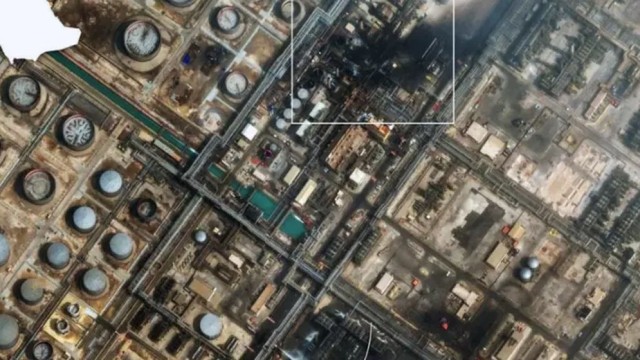

















Comment: